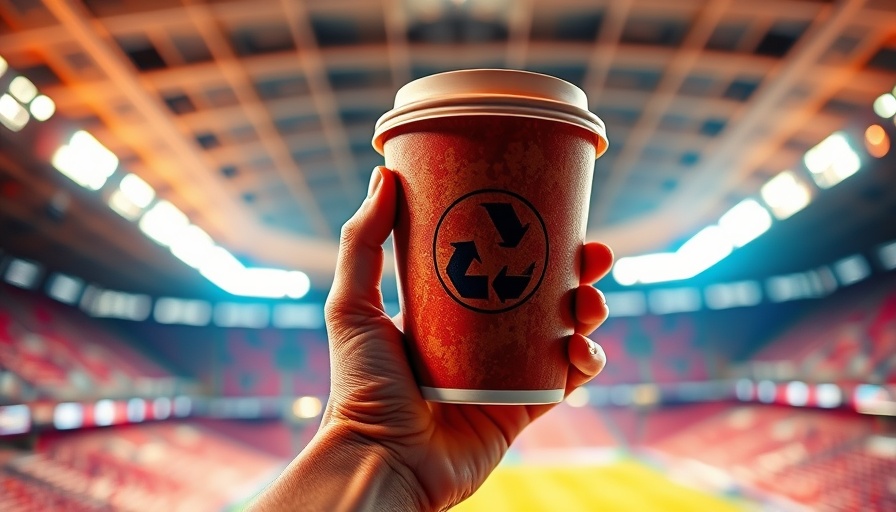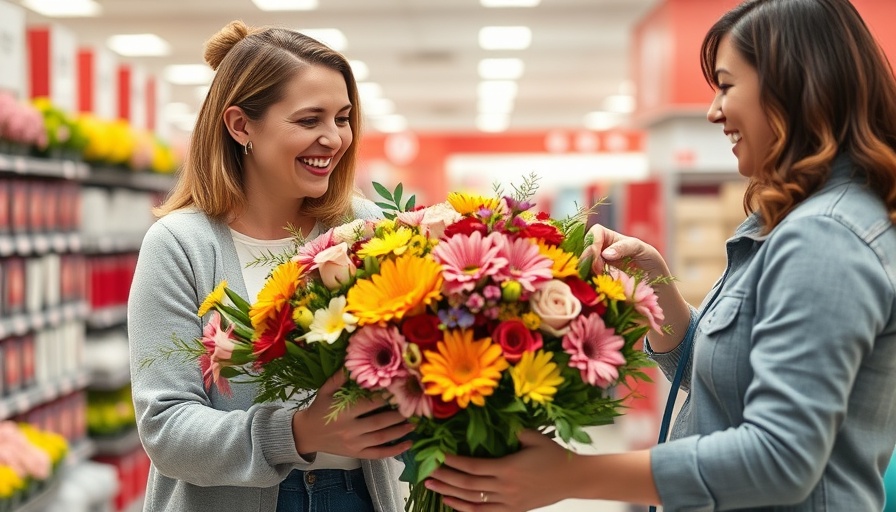
Understanding the Microplastics Crisis
In our modern lifestyle, single-use plastics have become nearly inescapable. Whether it’s grabbing a coffee-to-go or ordering takeout, plastic becomes a component of our daily routine. However, as awareness grows about plastic pollution, particularly microplastics—tiny plastic fragments that enter our food and water supply—the urgency to act escalates. The World Economic Forum’s 2024 report emphasizes that microplastic pollution is one of the top ten global risks we face today.
Revolutionizing Sustainability with Better For All
Fortunately, innovators are stepping up to combat this pervasive issue. One such initiative is “Better For All,” which offers reusable and home-compostable cups set to be launched in various stadiums. This novel product aims to not only reduce our dependence on single-use plastic but also prevent the introduction of microplastics back into the environment. These cups represent a significant shift towards sustainability, exemplifying how conscious consumer choices can play a crucial role in environmental preservation.
Composting vs. Recycling: What You Need to Know
As consumers, we often face choices between composting and recycling. While both are essential initiatives for waste management, they serve different purposes. Composting involves organic materials that break down naturally, enriching the soil, while recycling focuses on reprocessing materials, often plastics, into new products. Sadly, the recycling process itself can create microplastics. This means that simply recycling isn't enough to address the rising concerns over microplastic pollution.
The Impact of Marine Pollution
Microplastics aren’t just an issue on land; they profoundly affect marine environments. Studies reveal that anywhere from 60 to 80% of waste in oceans is plastic, with microplastics floating atop the water, affecting marine ecosystems. This prevalence of microplastics not only threatens ocean life but also poses risks to humans who consume seafood tainted with plastic particles.
Inspiring Change: Your Role in the Solution
As individuals and communities, we can contribute to a more sustainable future. Simple actions like choosing reusable products, advocating for policy changes, or volunteering for cleanup initiatives can build momentum. The shift toward greater sustainability starts small, but every choice counts. Educating ourselves and those around us about the significance of sustainability can proliferate mindfulness toward consumption choices.
Future Trends in Sustainable Living
Ultimately, as we push forward, the importance of sustainability cannot be overstated. Choosing products like Better For All’s compostable cups not only benefits individual consumers but also enhances community health, revealing the collective impact of personal decision-making.
Take Action Today!
As we step into a new era prioritizing sustainability, we encourage you to embrace opportunities that promote environmental stewardship. By choosing reusable options and advocating for cleaner initiatives, you become part of a collective movement. Your actions can inspire others to make a change, leading to a healthier planet for future generations.
 Add Row
Add Row  Add
Add 



 Add Row
Add Row  Add
Add 
Write A Comment